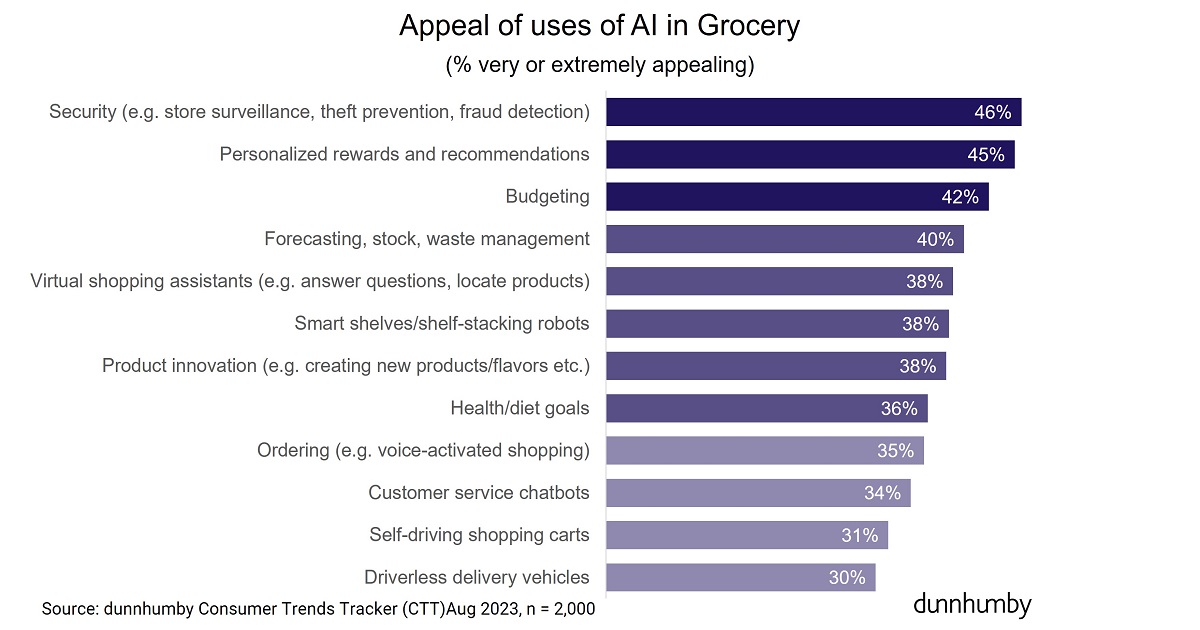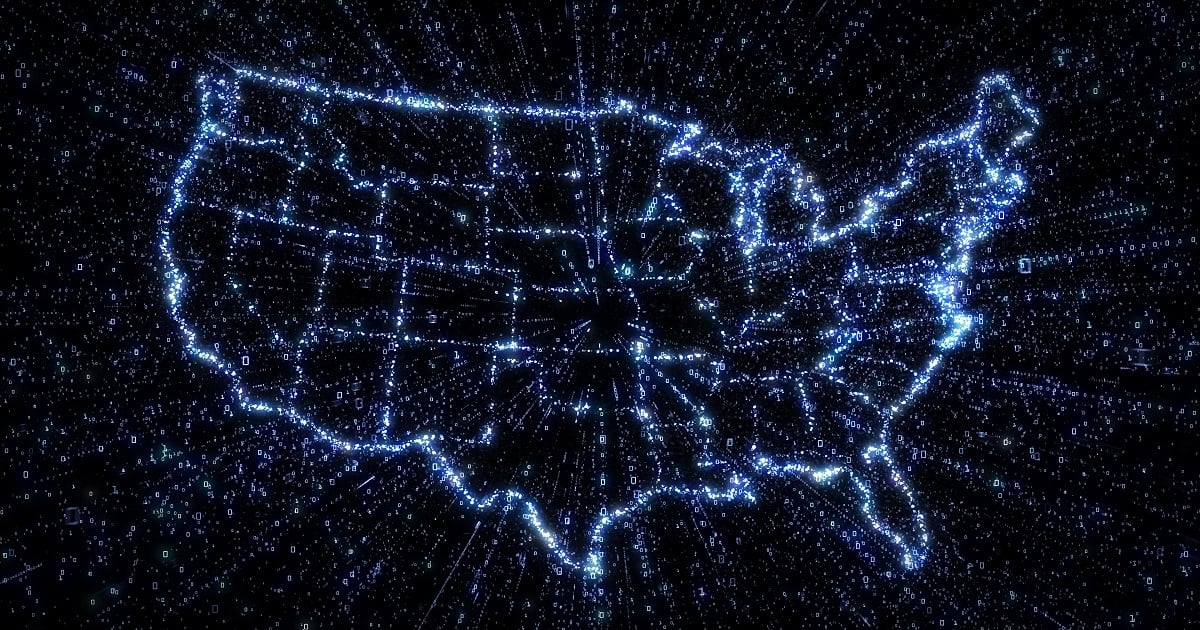
AI has been a hot topic in recent years (more so 2023 due to the emergence of generative AI and ChatGPT), but what many of us don’t realize is that we’ve been using AI for many years.
Think of the number of times you utilized a virtual assistant through your phone. The likes of Siri, Google (News - Alert) Assistant and Alexa can perform tasks like setting reminders, answering questions and controlling smart home devices. And I am certain many of us have used one of these more than a few times.
No? Then what about Netflix, Amazon and Spotify (News - Alert)? AI is used on these platforms to analyze user preferences and behaviors to recommend movies, products or music tailored to individual tastes. This enhances user experience and encourages engagement.
Another example is fraud detection used by banks. AI algorithms analyze transaction patterns to detect unusual behavior and identify potential fraudulent activities. This helps in securing financial transactions.
There are many other examples of AI use, but the point here is that we use AI and do not actually realize we are using the technology. That said, only 20% of American consumers mostly or completely trust AI, according to the fifth wave of the dunnhumby Consumer Trends Tracker (CTT).
The concerns expressed by respondents regarding AI reflect a multifaceted apprehension toward the increasing integration of advanced technologies in various aspects of our lives. Foremost among these concerns is the fear of job displacement, as automation and AI continue to transform industries, potentially rendering certain roles obsolete. The anxiety surrounding job loss highlights the urgent need for strategies to reskill and upskill the workforce. Employers need to make certain that individuals can adapt to the evolving job market shaped by AI.
Security and privacy emerge as another concern with emphasis on the potential misuse of personal information and vulnerabilities in digital systems. As AI systems become more sophisticated, cybersecurity measures need to be in place to safeguard against data breaches and unauthorized access.
The loss of the human touch, the third concern and a concern expressed more by the older generations, speaks to the worry that increased reliance on AI might erode the essential human elements in interpersonal interactions and services.
Other concerns include technology being “in the wrong hands” and misinformation, which relate more to the ethical use of AI. Ethical guidelines and regulations are needed to ensure responsible development and deployment of these technologies. Simultaneously, addressing concerns about misinformation emphasizes the need for transparency and accountability in AI systems, particularly those involved in information dissemination.
OK, those are valid concerns, but AI is something that should not be avoided at all costs. AI has the potential to greatly help all. For example, the survey focused on grocery use cases, and found that consumers would love to see AI used by grocers for personalized rewards and recommendations as well as budgeting assistance.
With 52% of consumers now identifying themselves to redeem rewards, and 56% saying its very or extremely important that a retailer rewards them for shopping there signals the time is now right for retailers to step up their personalization efforts.
And when it comes to budgeting, over half of young consumers shop at different retailers to compare prices before making a purchase. Through integration with grocery shopping apps or platforms, AI can analyze a user's historical purchasing data to identify trends, understand preferences and predict future needs. By setting personalized budget goals, AI can also provide real-time insights, alerting users when they are approaching or exceeding their budget limits. Additionally, AI can offer suggestions for affordable substitutes or promotions.
“The potential of AI in grocery is tremendous and has been at the foundation of our own data science here at dunnhumby for over 20 years,” said Matt O’Grady, president of Americas for dunnhumby. “Although the trust in AI is far from widespread, grocers should bear in mind it only took ChatGPT two months to hit 100 million users, making it one of the fastest growing computer applications ever.”
The CTT study is designed to uncover shopper needs, perceptions and behavior over time, and to complement dunnhumby’s Retailer Preference Index which measures the strength of retailers’ customer value proposition.
Edited by
Alex Passett





